Books Shortlisted for the 2025 International Booker Prize
The 2025 International Booker Prize shortlist features six outstanding works of translated fiction, each offering a unique perspective on modern human experience. Remarkably, all shortlisted titles come from independent publishers, underscoring the important role of small presses in global literature.
The winner, Heart Lamp by Banu Mushtaq (translated by Deepa Bhasthi), is a groundbreaking collection of Kannada short stories that explores the lives of women and children in southern India. Rooted in the Bandaya Sahitya movement, the stories span three decades and were praised for their radical use of language.
The other shortlisted books include On the Calculation of Volume I by Solvej Balle, a metaphysical novel about time and repetition; Small Boat by Vincent Delecroix, a moving portrayal of the migrant crisis; Under the Eye of the Big Bird by Hiromi Kawakami, a dystopian tale of survival in an AI-dominated future; Perfection by Vincenzo Latronico, a satirical look at millennial life and consumerism; and A Leopard-Skin Hat by Anne Serre, a reflective story of grief and friendship. Together, these books reflect the richness, diversity, and innovation in contemporary international literature.
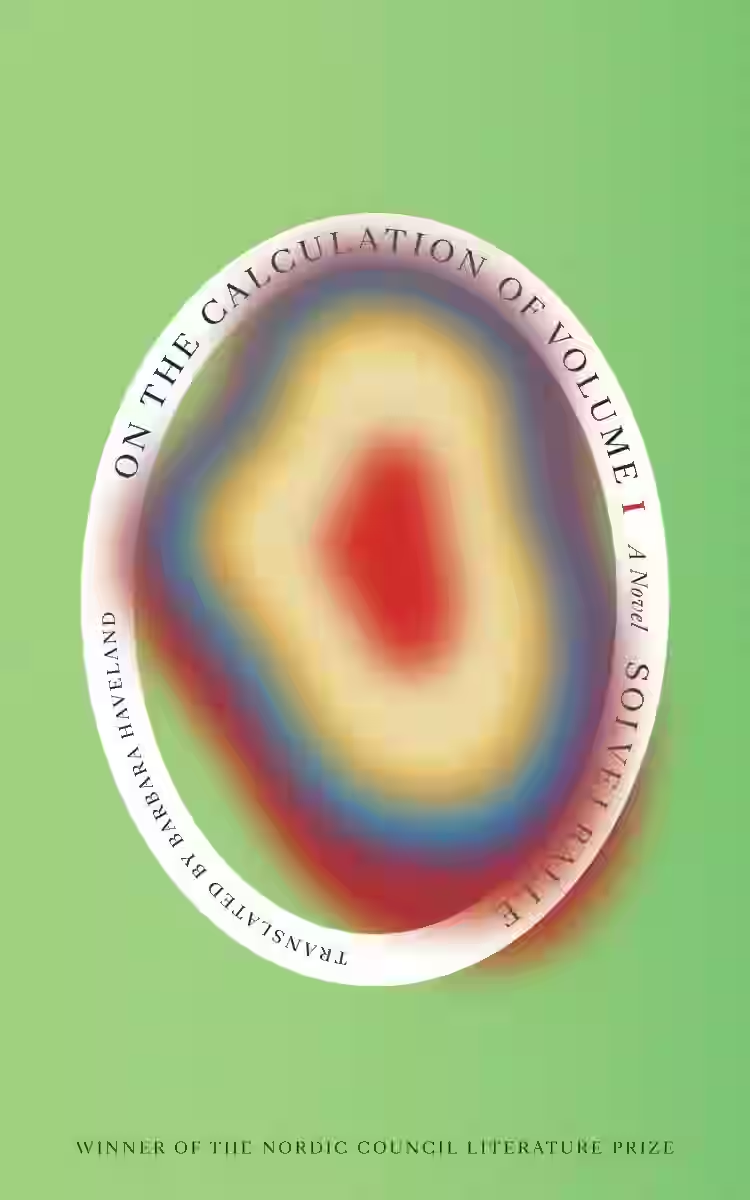
In On the Calculation of Volume, Tara Selter is trapped in a time loop, endlessly reliving November 18th. On her 122nd repetition, she knows every moment before it happens—the blackbird’s song, the start of the rain—but remains powerless to change anything. Isolated and unable to explain her condition to her confused husband, she’s haunted by her own insignificance. Solvej Balle crafts a hypnotic meditation on time, memory, and perception. The novel’s recursive structure and subtle shifts build a tranquil, almost narcotic rhythm, heightening every detail. Immersive and poignant, this first volume casts a quiet, unshakable spell on the reader.
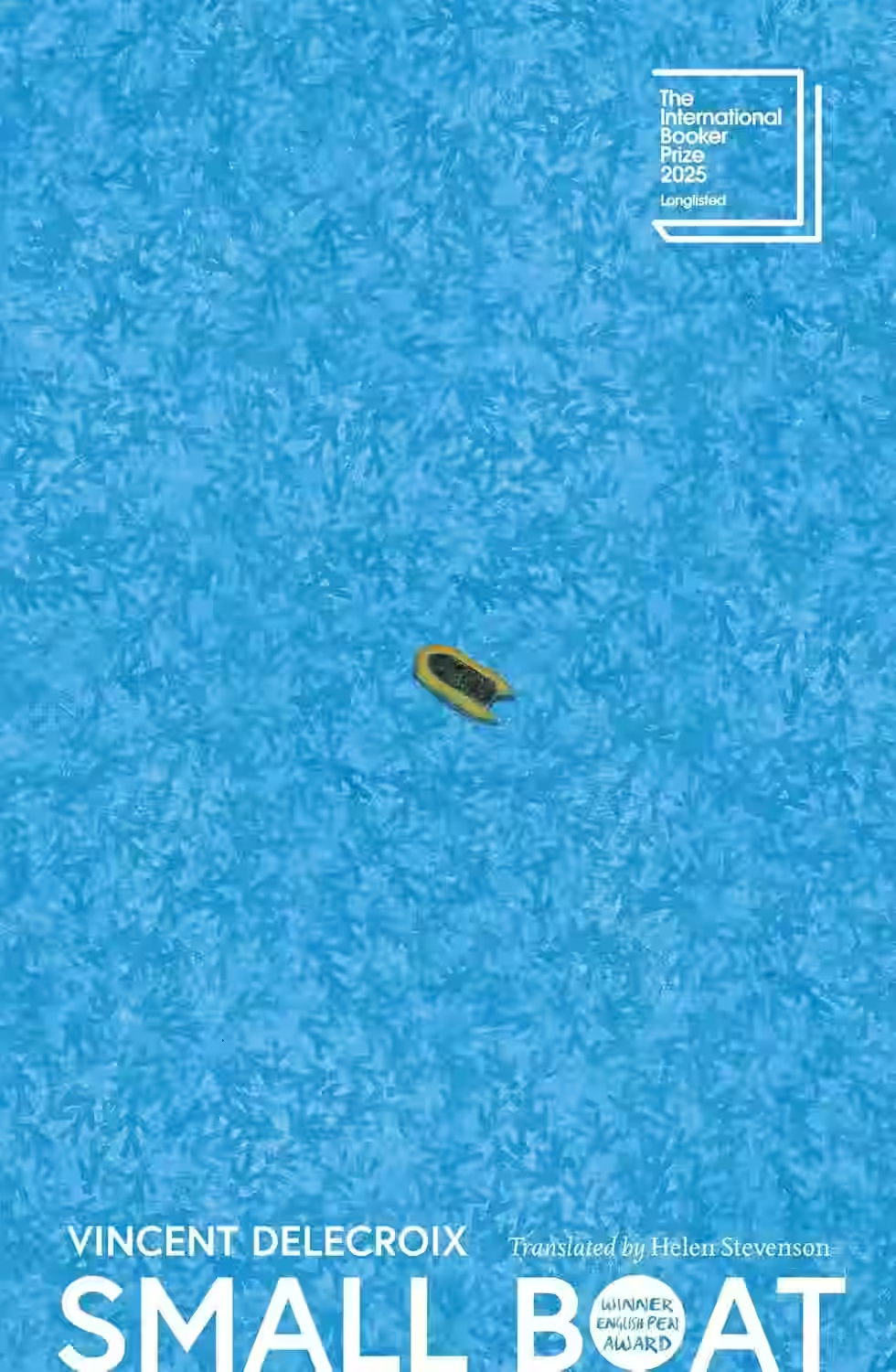
Vincent Delecroix's "Small Boat" is a powerful and unsettling novel, longlisted for the International Booker Prize 2025. It's a fictionalized account inspired by a real-life tragedy in November 2021 when a dinghy carrying migrants capsized in the Channel, resulting in 27 deaths. The novel is narrated by a French coastguard operator who received calls from the sinking boat. Accused of negligence, she staunchly refuses to shoulder sole blame, arguing that responsibility extends far beyond her actions to wider societal indifference, systemic failures, and the crises driving migration. Delecroix masterfully explores themes of individual complicity, collective apathy, and the complex ethical dilemmas of modern society, forcing readers to confront uncomfortable truths about their own role as "spectators" to such tragedies.
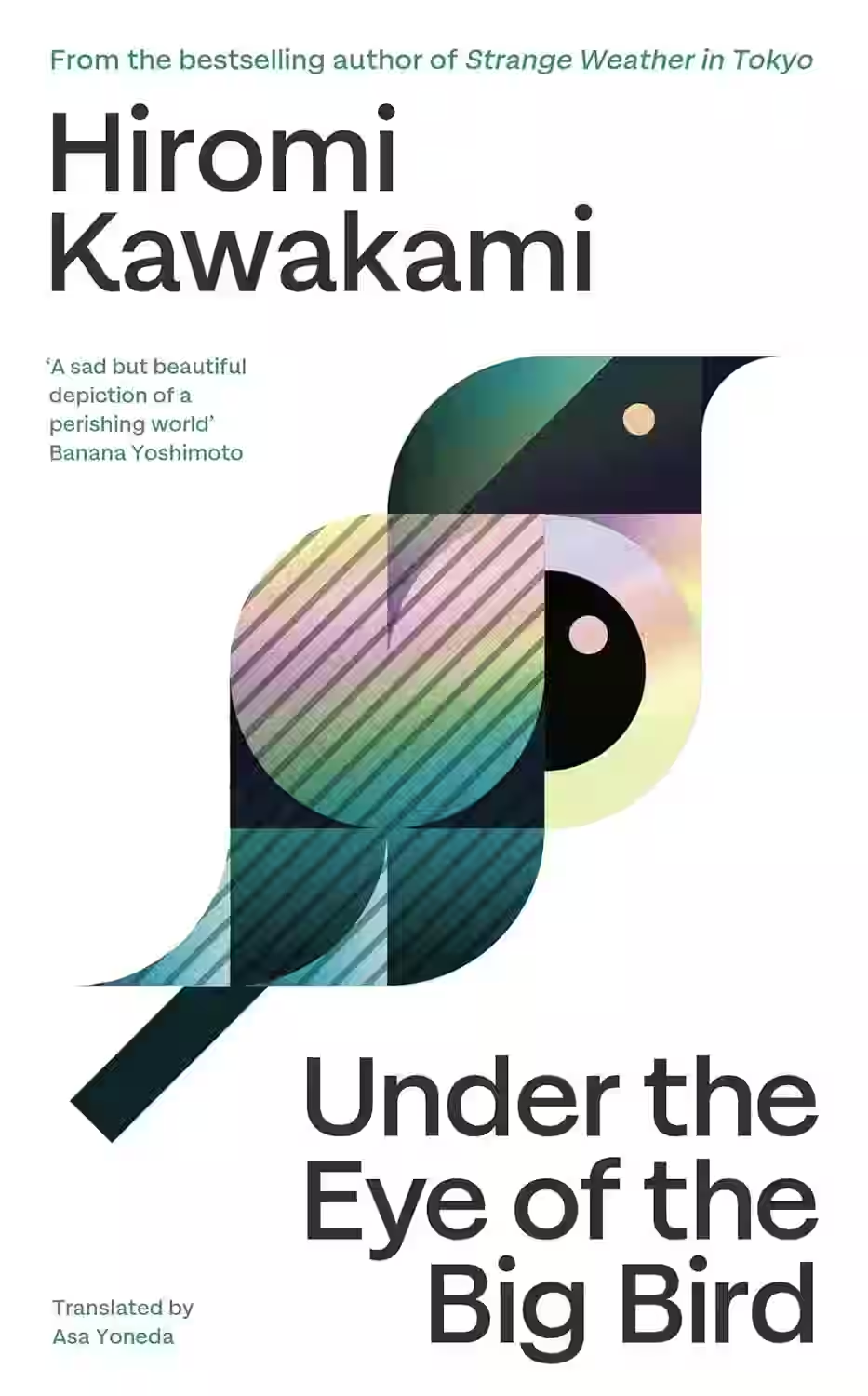
Hiromi Kawakami's "Under the Eye of the Big Bird" is a speculative fiction novel that imagines humanity on the brink of extinction in a distant future. Shortlisted for the International Booker Prize 2025, it unfolds over geological eons through a series of interconnected vignettes. In this future, humans live in small, isolated tribes, often overseen by AI entities known as "Mothers." Kawakami explores diverse forms of humanity and reproduction, with some children created in factories from animal cells, and others sustaining themselves like plants. The novel delves into profound questions about what it means to be human, examining themes of evolution, survival, love, connection, and the intricate relationship between humanity and technology. It's a meditative and unsettling vision of a faltering world, yet it also touches upon the resilience and enduring, if flawed, nature of human beings.
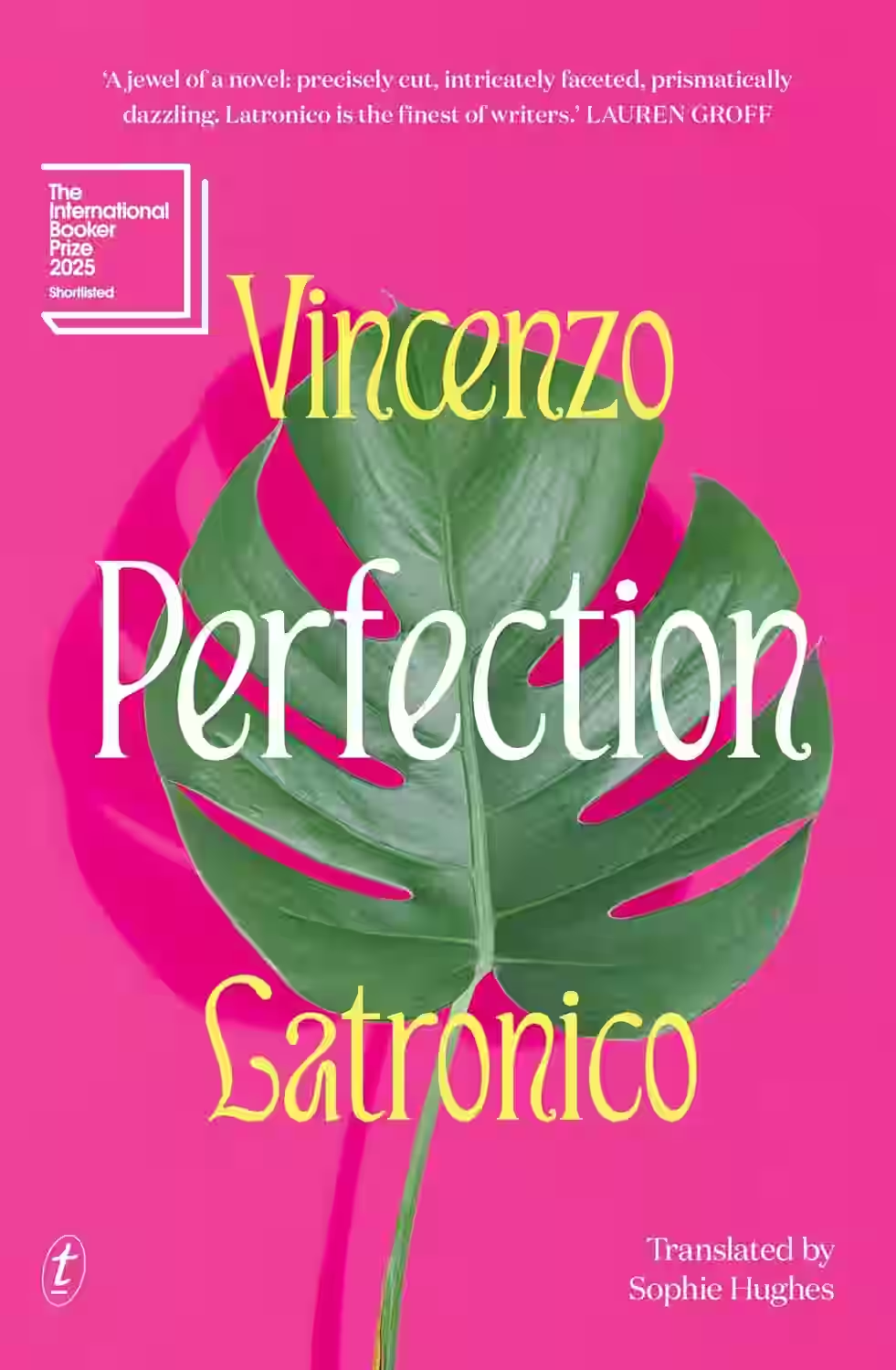
Vincenzo Latronico's "Perfection" is a sharp, satirical novel that dissects the curated, often hollow, existence of a millennial expat couple, Anna and Tom, living in Berlin. Longlisted for the International Booker Prize 2025, the book offers a forensic examination of their meticulously aestheticized lives – from their plant-filled apartment and slow-cooked meals to their carefully chosen Danish furniture and progressive politics. Inspired by Georges Perec's "Things: A Story of the Sixties," "Perfection" uses a detached, almost anthropological narrative style to expose the generational struggle for an "authentic" life in a homogenized, globalized, and internet-driven world. As Anna and Tom's initial dream life gives way to boredom and disillusionment, the novel explores themes of aspirational consumerism, personal branding, the illusion of choice, and the superficiality of online selfhood. Latronico's work is a "mirror" to contemporary culture, prompting readers to reflect on their own participation in this carefully constructed reality.

Banu Mushtaq's "Heart Lamp," translated by Deepa Bhasthi, is the groundbreaking winner of the 2025 International Booker Prize. This collection of twelve short stories, written over three decades, offers exquisite and often poignant insights into the everyday lives of women and girls in Muslim communities across southern India. Mushtaq, a lawyer and activist, draws on her years tirelessly championing women's rights and protesting oppression, infusing her narratives with wit, vivid imagery, and a compelling blend of colloquial and excoriating tones. The stories delve into themes of family, community tensions, reproductive rights, faith, caste, power, and oppression, showcasing the resilience, resistance, and sisterhood of her characters. "Heart Lamp" is celebrated for its radical translation, which preserves the multilingual richness of southern India, creating "new textures in a plurality of Englishes."
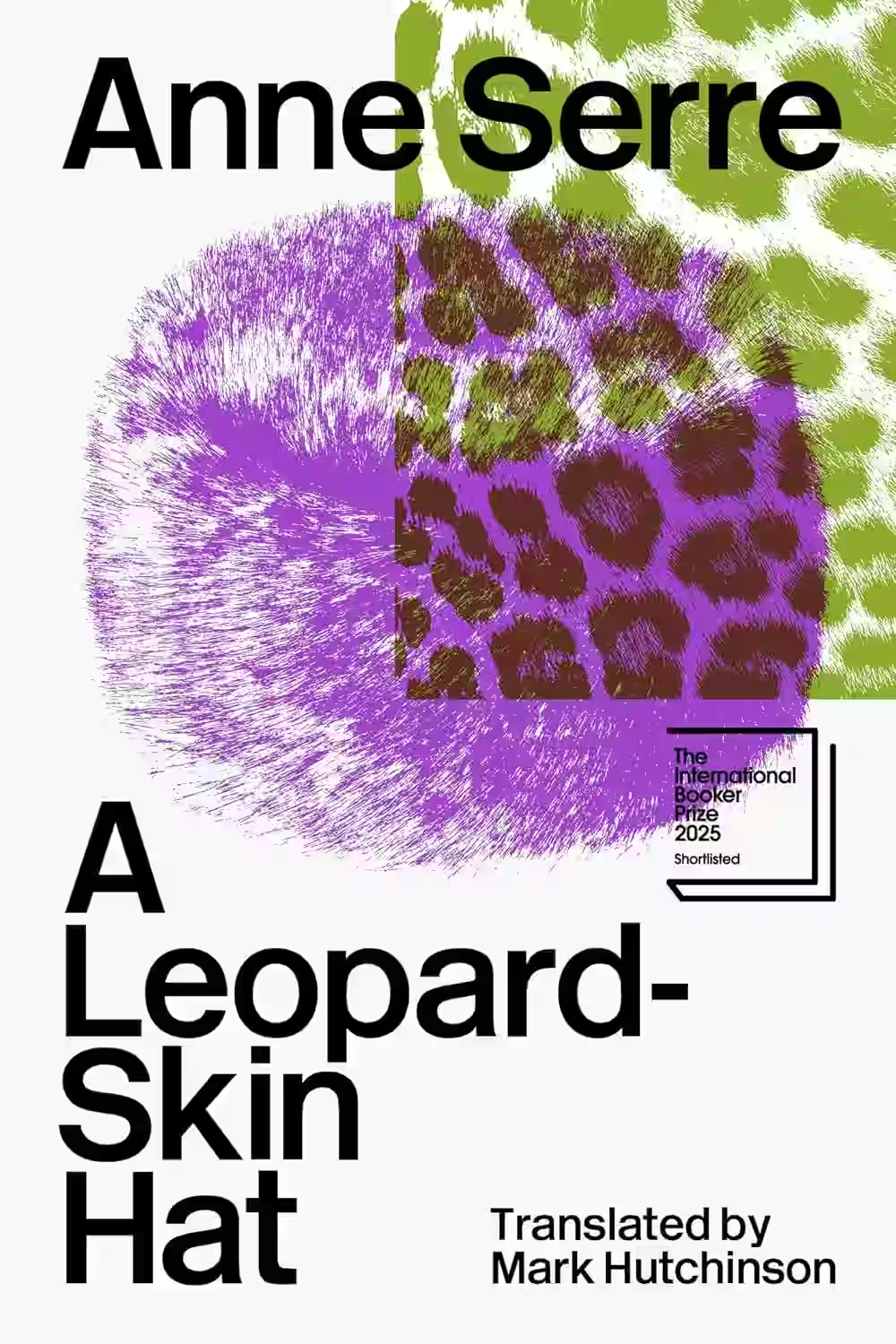
Anne Serre's "A Leopard-Skin Hat," translated by Mark Hutchinson, is a deeply moving and elegantly crafted novel that was shortlisted for the International Booker Prize 2025. It tells the story of an intense and complicated friendship between "the Narrator" and his childhood friend, Fanny, who battles severe psychological disorders. Written in the aftermath of the author's younger sister's suicide, the book serves as a poignant memorial to a tragically foreshortened life. Through a series of short, evocative scenes, Serre paints a portrait of Fanny's struggles and the Narrator's enduring, often anguished, attachment to her. The novel explores themes of mental illness, the unknowability of others, and the enduring nature of love and memory, even in the face of profound loss. It's a testament to the quiet power of human connection and a beautiful farewell.